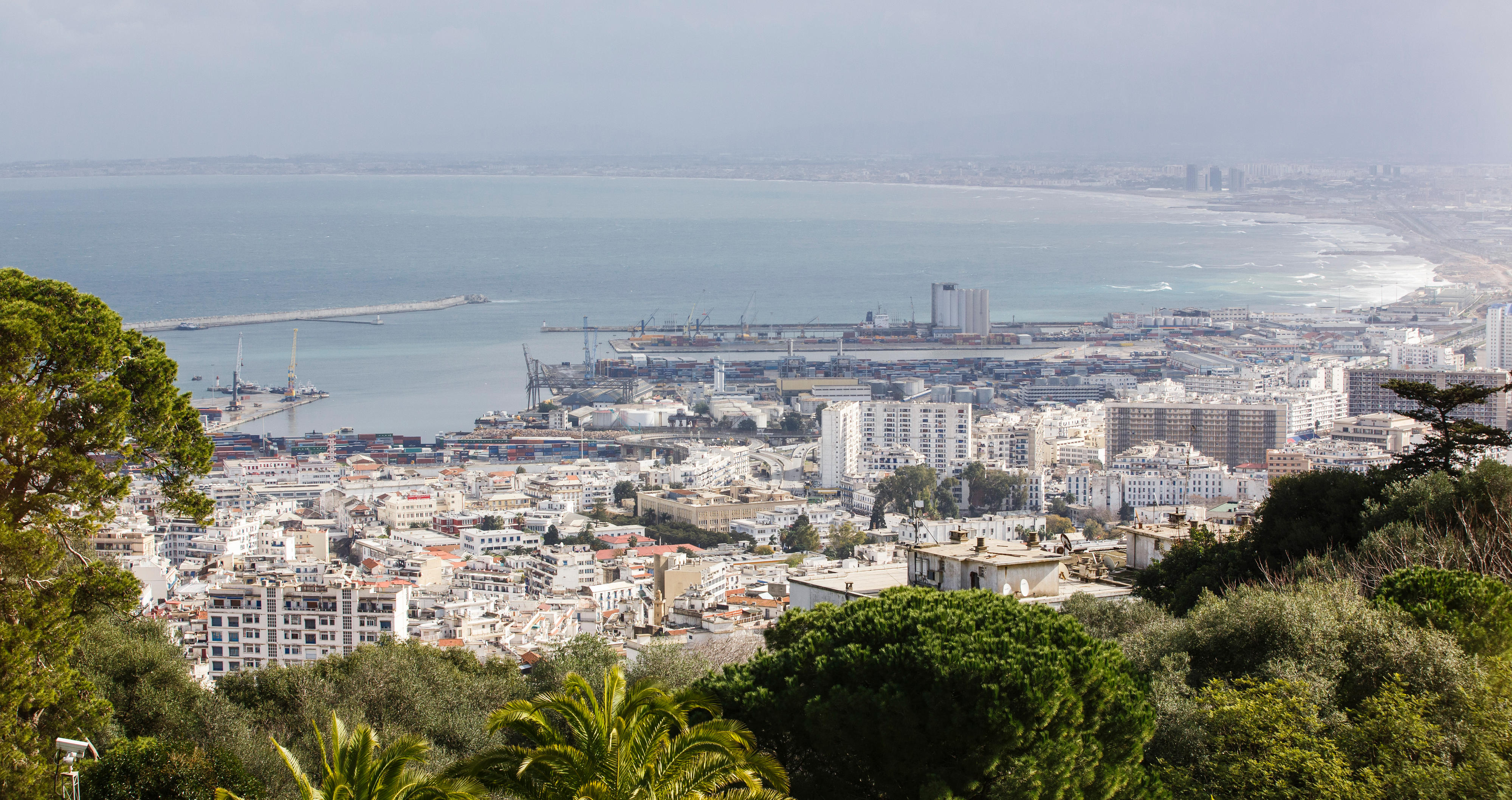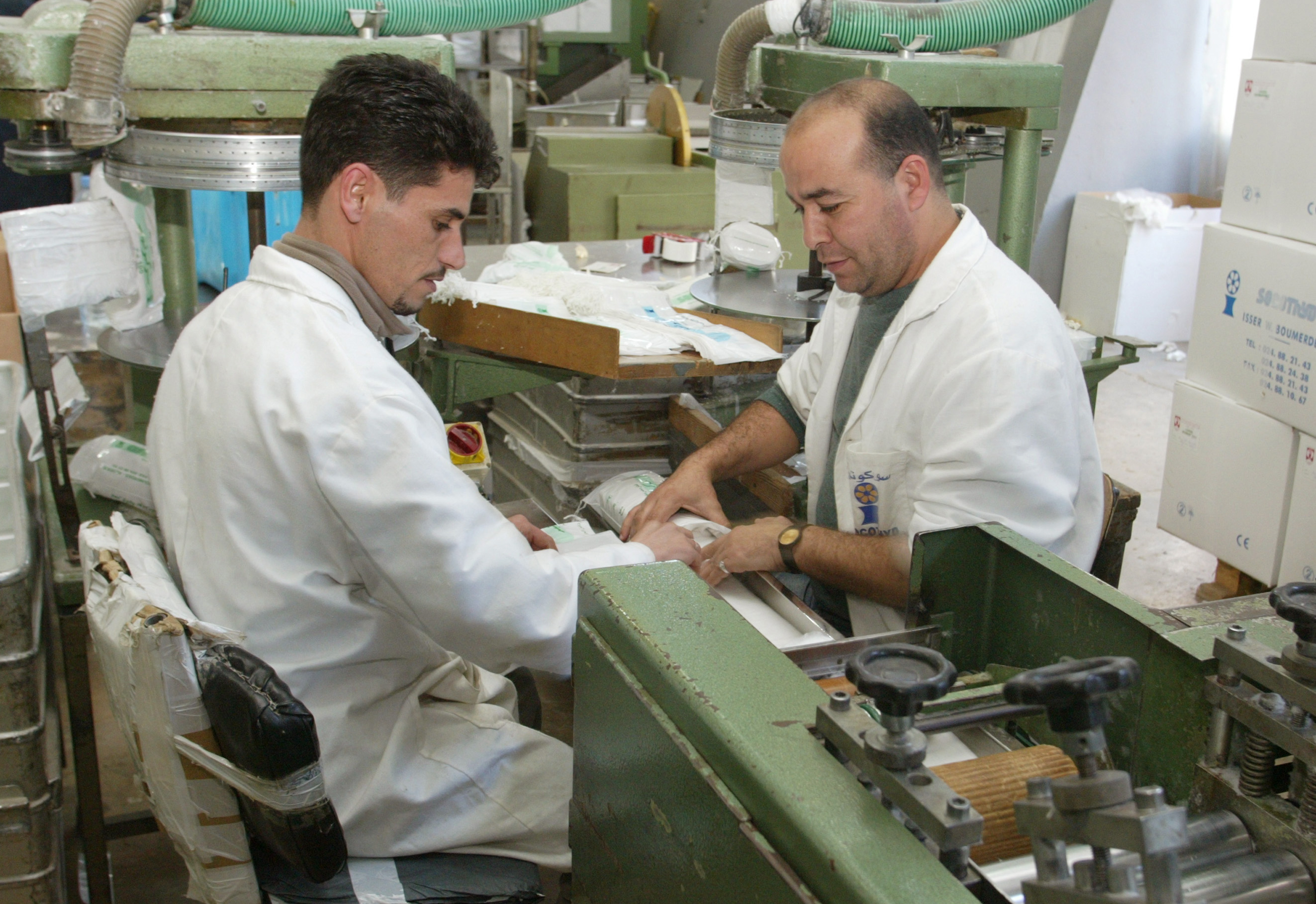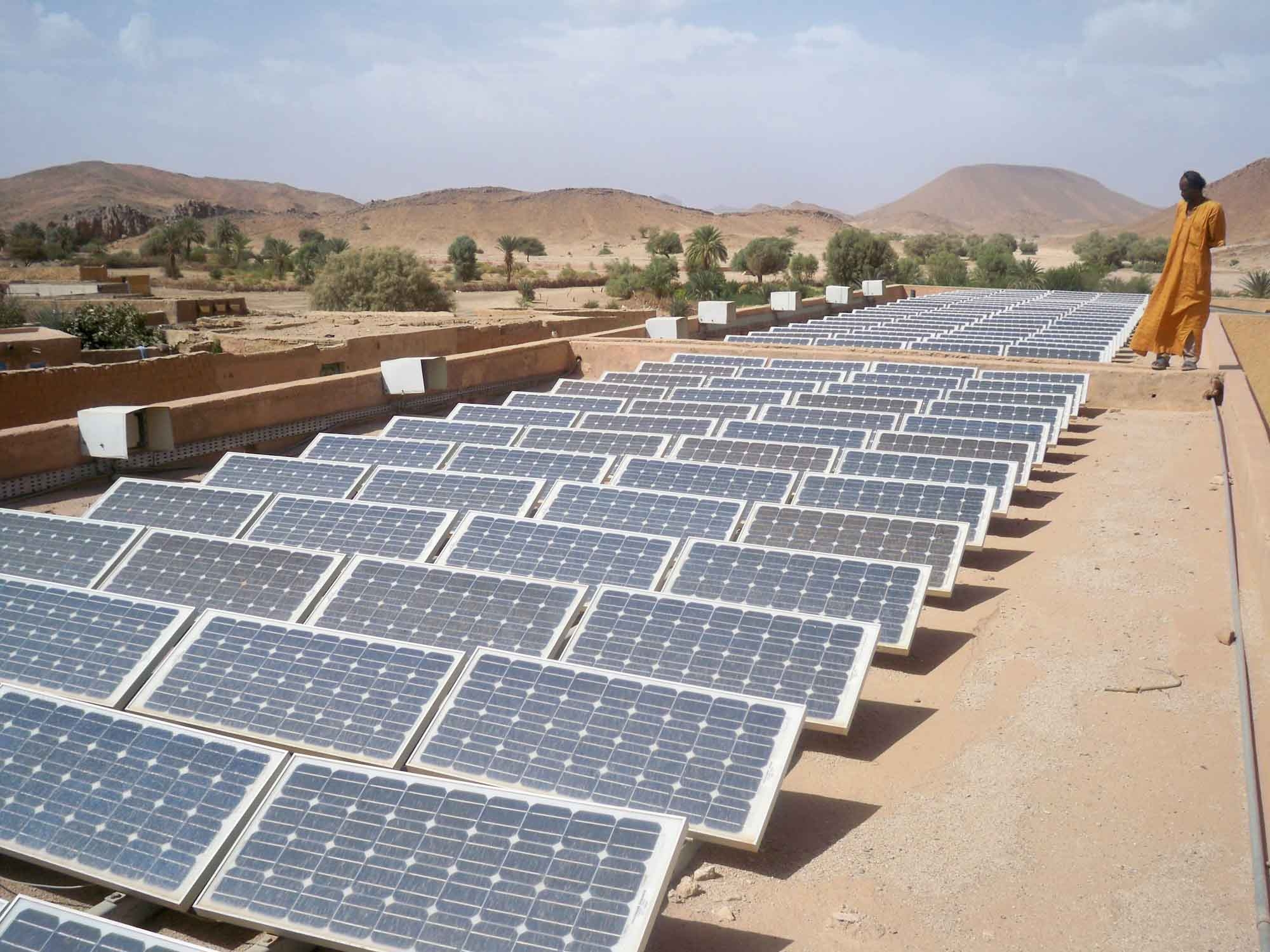View of the Algerian capital Algiers
Copyright© Thomas Trutschel/photothek.net
Algeria
Nearly half of the people are below the age of 25. According to estimates, Algeria's population will grow from its current level of 45 million to about 61 million by 2050. One of the major challenges facing Algeria is to provide enough jobs and attractive opportunities for the young generation.
Algeria's political and economic stability plays a key role for the security situation in the entire region. Following long protests, President Abdelaziz Bouteflika, who had been in power for many years, resigned in April 2019. After his resignation, Algeria reformed its constitution and held parliamentary and presidential elections. Abdelmadjid Tebboune was elected the new President. He has so far only partially implemented the reforms which had been announced. A much-needed diversification of the economy is still outstanding. The socio-economic situation is strained.
Economic development and climate change
After the COVID-19 pandemic and the negative impact it had on the economy, the overall economic situation has improved. Algeria's economy and national budget still depend largely on oil and natural gas exports and are benefiting from rising prices as a consequence of Russia’s war of aggression against Ukraine. However, the country is well aware that the oil and gas reserves are finite. Economic diversification is therefore a declared goal of the government.
Algeria is severely affected by the impact of climate change. Simultaneously, it is an important partner for climate change mitigation, as it has great potential for renewable energy generation. The government is working more intensively to expand renewable energy generation, yet this endeavour is still in its early stages. In spring 2023, the Algerian government presented an ambitious hydrogen strategy envisaging, for instance, to meet ten per cent of Europe’s need for green hydrogen by 2040. At the same time, Algeria is one of the oil and gas producers with the worst climate impact.
On the current United Nations Human Development Index (HDI), Algeria is ranked 96th out of the 193 countries assessed, ahead of its other neighbours Tunisia (105), Morocco (120), Libya (115), Mauritania (163), Mali (188) and Niger (188).
German development cooperation with Algeria
Germany has supported development in Algeria since the 1970s. The country greatly values Germany's Technical Cooperation programmes. In 2020, Algeria became a partner country for German bilateral development cooperation. In the end of 2023, a Financial Cooperation component was added.
In late 2021, government negotiations on development cooperation were held between Germany and Algeria for the first time since 2005. At the next government negotiations in late 2023, a total of 45.6 million euros was pledged for development cooperation in 2023 and 2024. Cooperation with Algeria focuses on the following core areas:
- Sustainable economic development, training and employment
- Climate and energy, just transition
Cooperation in the core area “Peaceful and inclusive societies” is also foreseen; a first project in this area has been agreed. The project will promote the amplified use of digital technologies in selected municipalities to deliver services that meet the needs and expectations of people. One of the core concerns of the project is to make municipal citizen services more accessible for all population groups.
There is also cooperation in the area of One Health with a focus on pandemic response which was agreed in the early stages of the COVID-19 pandemic.
SDG trends for Algeria
- On track or maintaining SDG achievement
- Moderately improving
- Stagnating
- Decreasing
- Trend information unavailable



















